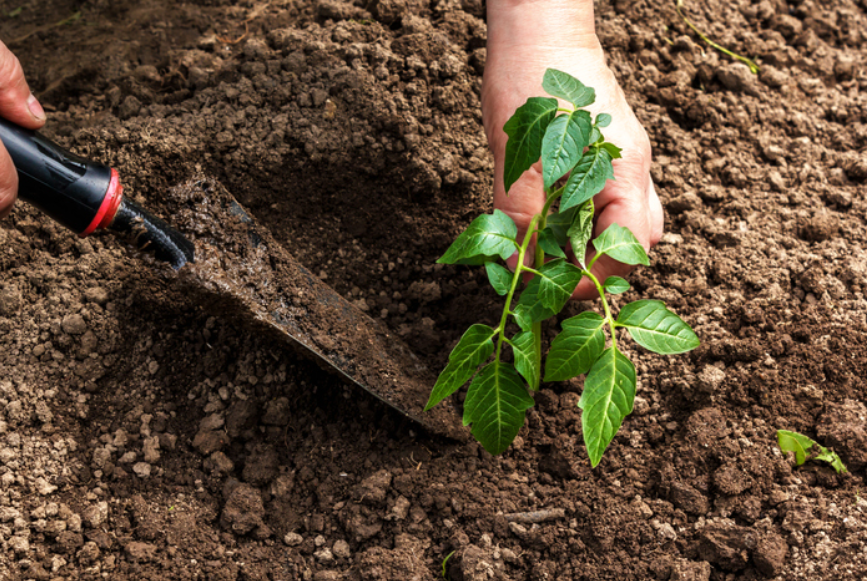

DCU receives funding under the Ireland - New Zealand Joint Research Initiative
The PRISM Project, led by Teagasc in partnership with DCU, UCD and Landcare Research New Zealand, aims to create a cost-effective and efficient method for quickly assessing soil carbon dynamics, enabling farmers to make informed decisions to enhance soil carbon sequestration. This involves developing indicators for soil carbon sequestration potential and implementing an early warning system for dissolved organic carbon loss as an indicator of ecosystem changes.
Soil carbon sequestration is a process of capturing carbon dioxide (CO2) from the atmosphere and storing it in plant material or soil. Addressing climate change challenges and promoting environmental sustainability depends on our capacity to improve soil carbon (SOC) sequestration. As the Earth's largest active carbon reservoir, soil plays a vital role, aligning with national and EU goals to boost SOC sinks through enhanced sequestration. SOC stands out as a premier indicator of ecosystem health, while dissolved organic carbon (DOC) in soils is frequently recognised as the most sensitive indicator of changes in ecosystem function.
Dr Nigel Kent and Dr Harry Esmonde from the School of Mechanical and Manufacturing Engineering and the DCU Water Institute have been allocated €221,300 in funding through this collaborative project. This funding will facilitate the DCU team’s efforts in the development of a pioneering autonomous sensor system designed for the real-time monitoring of dissolved organic carbon in drainage water.
Speaking about the funding, Dr Nigel Kent said:
“From the perspective of both the School of Mechanical and Manufacturing and the DCU Water Institute, we are excited to be part of this multidisciplinary project. This funding, from a DCU perspective, facilitates the development of cutting-edge sensors and instrumentation for measuring carbon levels in water. More holistically, along with the team in Teagasc, UCD and Landcare Research New Zealand, the funding will allow for the development of a more complete picture in relation to soil carbon sequestration capacities. This knowledge will give farmers across both jurisdictions and beyond the ability to identify climate-smart opportunities thus enhancing environmental sustainability.“
This project is funded through the New Zealand Joint Research Initiative (JRI). This is a pilot research initiative which is projected to run for an initial period of 3 years (2022-2024). However, funding has also been awarded for a 4-year project running from 2024-2028. The JRI is specifically focused on the identification of research gaps and the development of new technologies leading to a reduction in greenhouse gas emissions, and in particular from enteric methane emissions.
